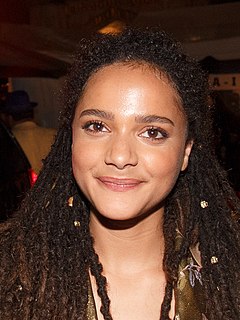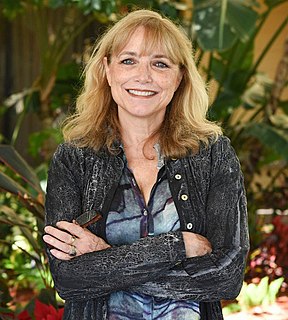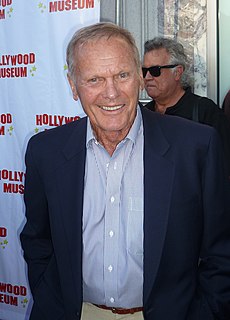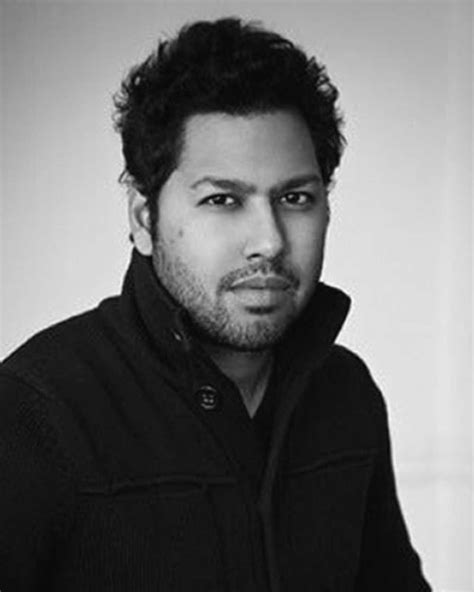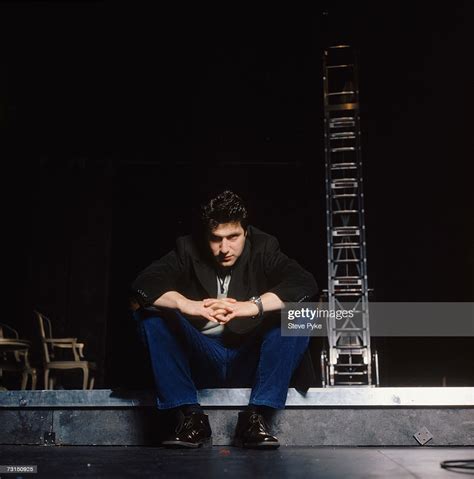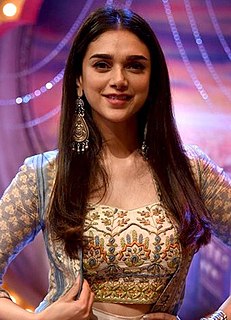A Quote by Sasha Lane
I don't know anything about the film industry. I thought I knew films, but apparently, I don't know films or people!
Related Quotes
There's something that happens where you go, if you're lucky, goodness me, from film to another film to another film. And you can sort of feel that if you step off that treadmill, it might all go horribly wrong and you might never be employed again, you know. And I suddenly thought that that's not necessarily the case. And I also thought we make drama as actors about people in the world and that if you are on that treadmill, you start making films about other films.
I don't come from a film background. I haven't learned anything about films or film-making. But I have a thirst to know everything about my profession. I want to learn about cinematography, about editing, about music recordings, about post-production. So when people in the know talk, I willingly listen.
Once in a while a good opportunity would come along, like the first 'Playhouse 90 ever to air - working in television afforded me my best opportunities. The (film) industry was going through such turmoil at the time - studios didn't know where to go anymore, they were falling apart, television was there. They didn't know what kind of films people wanted. The European films were making a huge impact because those films wanted real people in real situations.
When industry people see something different they don't know what to do with it, so filmmakers who make films about women, they kind of fall through the cracks. If a woman filmmaker makes film about war, like [Kathryn] Bigelow, they say "Okay, this is a war film, it has ninety percent men in it, we know what to do with it." But then she still gets attacked for not doing it properly. [...] But even though it bothers me I don't want to dwell on the sex and gender thing.
'Hereditary' is unabashedly a horror film. In a lot of ways, it's in dialogue with other horror films. But I do know that it was important for me that the film functioned first as a family drama. I know that I'm never affected by anything if I'm not invested in the people to whom the genre things are happening.
The vampire or the bad guy, that's what people do remember. Lars von Trier, like Guy Maddin, their films are made for a group of exclusive people who like special films. And they are special films, they are art films. And I started with commercial films at the beginning, and later on, because you know, when you are an actor, you have the same cliché like everybody else, you want to be in big films, you want to be known and all that.
I tend not to think that anything I happen to be reporting on in my films is special. Meaning that people are always saying to me, 'you must love New York, you have it in all your films.' But mostly it's because I know New York, and I know Brooklyn at this time. I know the lives there, because I have lived in them.
I like a lot of good European films, good - anything really. I'm a big fan of Netflix and I get films from them all the time. If I hear about something that I don't know, that I haven't seen, forgot about, I immediately jot it down and add it to my Netflix list or if there's a film that's available that I haven't seen for many years, I get that.
I guess people feel that if you're working with good directors and are known in the Hindi film industry, then you won't work in South films. However, I believe that films have no boundaries of language, religion, or cast. If it's a good script and a good director, I can do a film in Spanish as well.
Nowadays, a critic has to watch 700, 800 films a year, and I know through experience, being a juror in prestigious film festivals where supposedly the best films are arriving, from twenty films maybe you see two that are good, one that is so-so, and one that is extraordinary. And the other sixteen are terrible.
